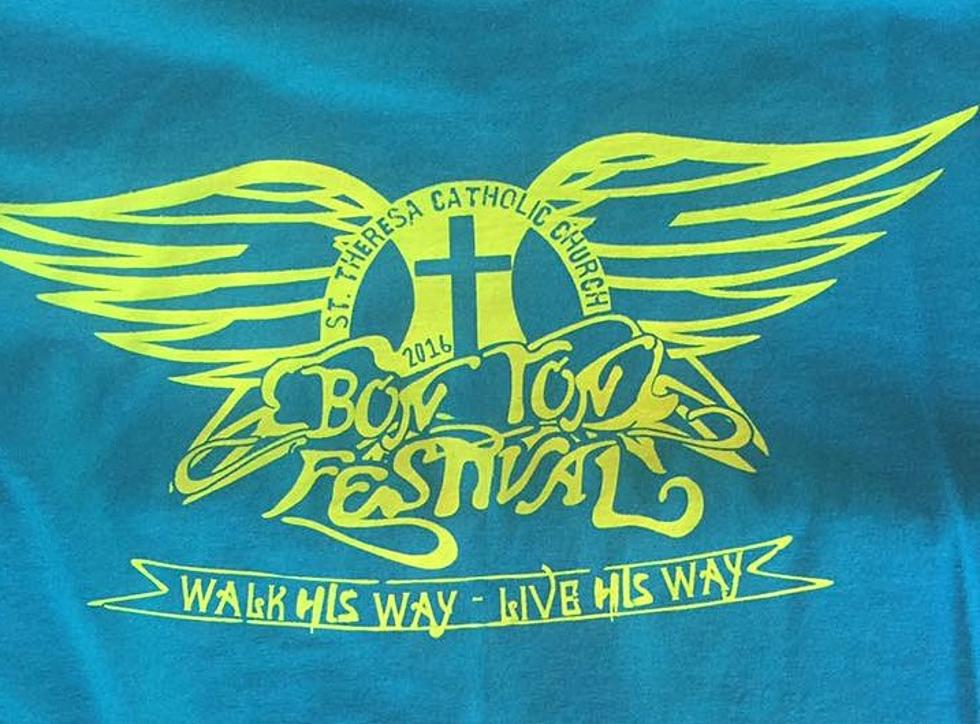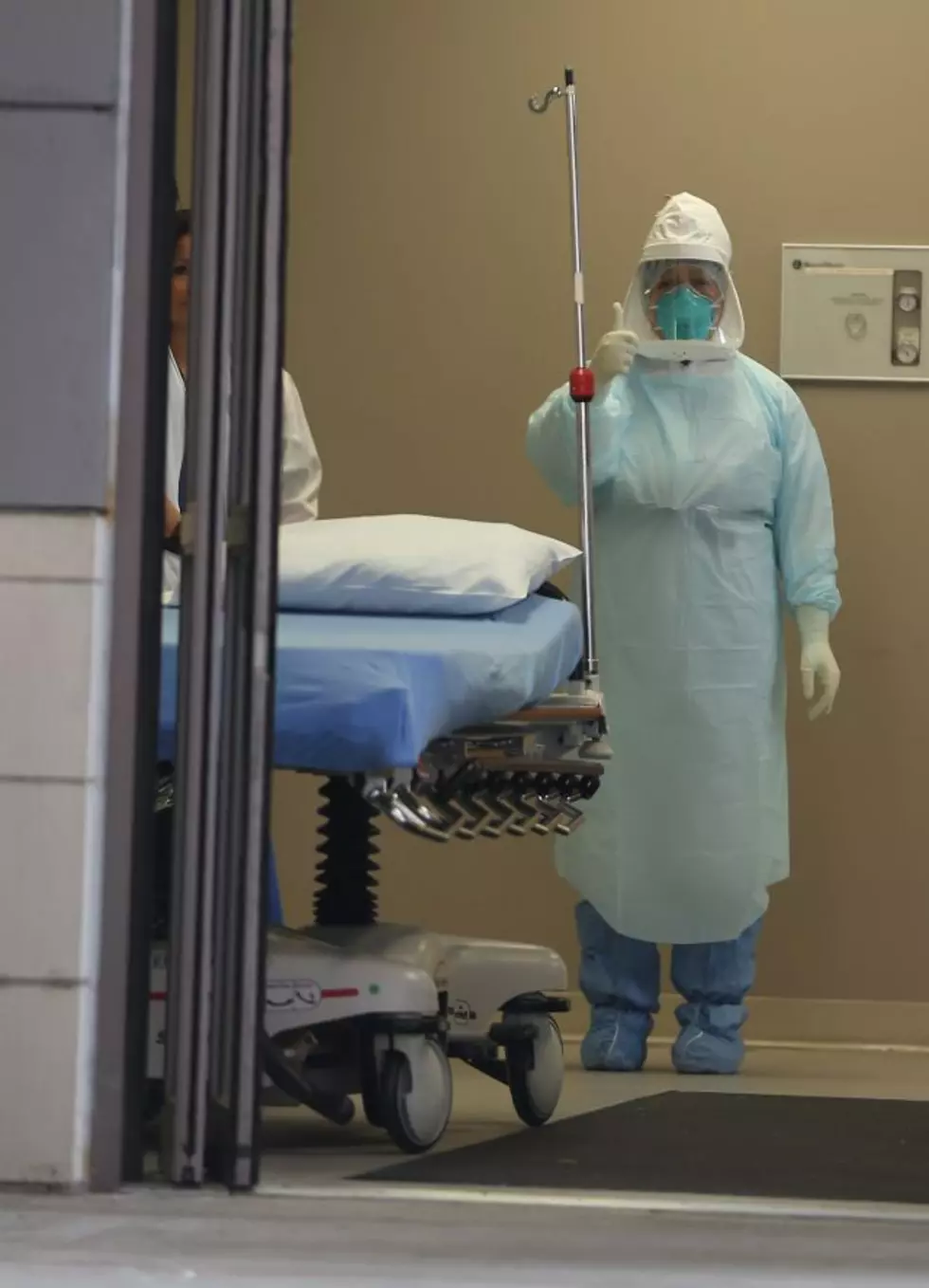
UPDATE: Ebola Victim’s Belongings Ashes NOT Coming to Carlyss — Company Changes Mind
UPDATE: A press release from Chemcial Waste Management states that it will not be accepting the ashes at its Carlyss facility.
While the CWM-LC facility is permitted by the state and federal government to accept waste of this type, and while accepting this waste poses no threat to the environment or human health, we do not want to make an already complicated situation, more complicated.
We are in contact and working with all the appropriate Louisiana state officials and certainly want these officials to agree that any acceptance of this ash at our Lake Charles facility is safe prior to its acceptance. We appreciate the concerns of all parties involved in this issue, as well as the responsiveness and flexibility of Veolia.
Centers for Disease Control and Prevention have acknowledged that ‘Incineration as a waste treatment process is effective in eliminating viral infectivity.’
ORIGINAL POST: When Thomas Eric Duncan passed away from his Ebola infection last week, his body was cremated. But so were many of his belongings, the reason being that officials were trying to minimize any chances of the disease spreading.
On Sunday, however, the news broke that the ashes of those belongings -- mostly bedding and carpet -- would be deposited at the Chemical Waste Management landfill for final disposal.
It should be noted that the ashes are not the remains of Thomas Duncan himself. Regardless, officials say the six truckloads of belongings were burned at temperatures in excess of 2,000 degrees -- heat high enough to kill off the Ebola germs. The incineration happened in Port Arthur, TX, at Veolia Environmental Services. Veolia is a regular customer of Chemical Waste Management. It's not a popular decision.
"There are too many unknowns at this point, and it is absurd to transport potentially hazardous Ebola waste across state lines," he said. "This situation is certainly unprecedented, and we want to approach it with the utmost caution. We just can't afford to take any risks when it comes to this deadly virus." -- La. Attorney General Buddy Caldwell
Caldwell is said to be preparing to file a restraining order to keep the ashes out of Louisiana. He's also filing "demand letters" to get more information on the entire disposal process. The Centers for Disease Control have stated that the incineration is the proper way to dispose of these kinds of materials.
More From 92.9 The Lake




![Do you think Ebola care givers should be allowed to travel? [POLL]](http://townsquare.media/site/159/files/2014/10/Ebola2.jpg?w=980&q=75)


![Are You In Favor of an Ebola Travel Ban [POLL]](http://townsquare.media/site/159/files/2014/10/airport.jpg?w=980&q=75)

